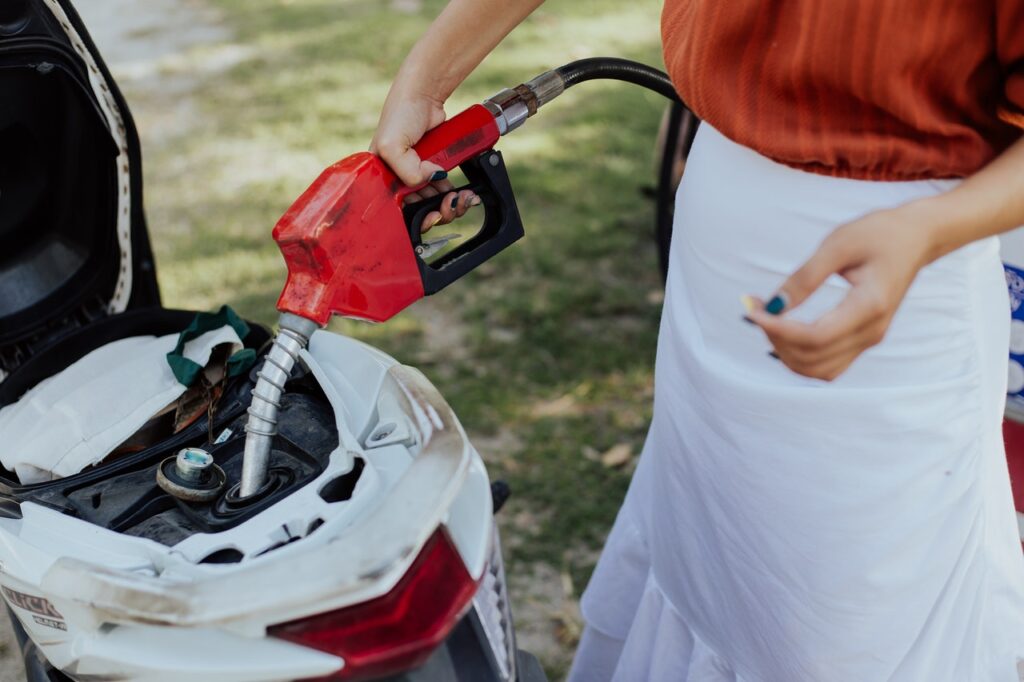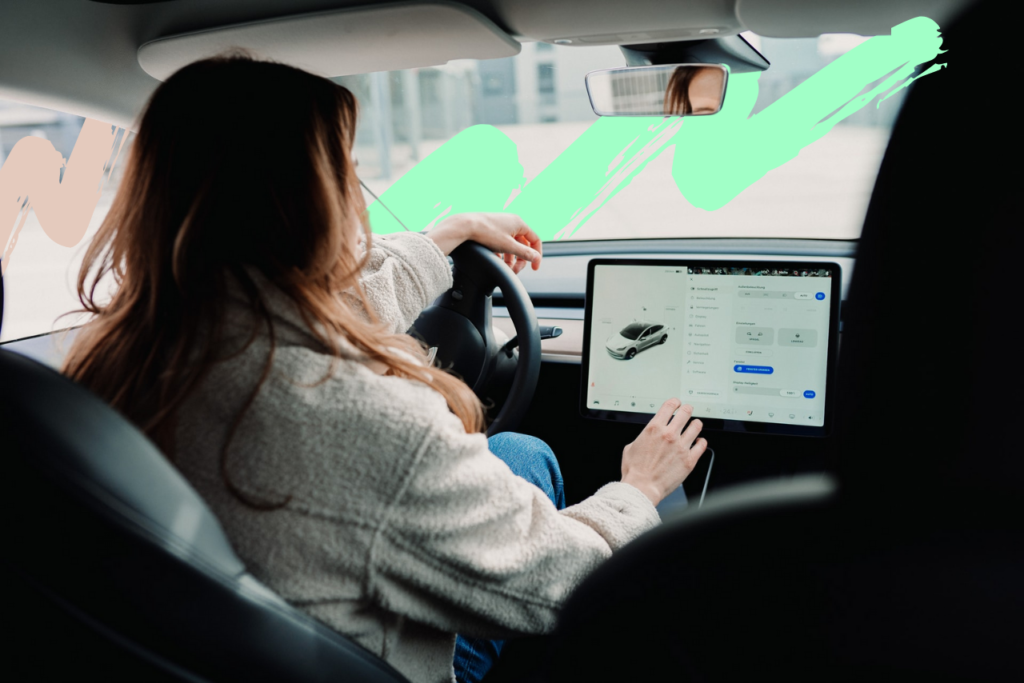If you have a car, then you’ll have no doubt noticed the soaring prices at the pumps recently. Brought on by geopolitical turmoil, rising inflation, a cost of living crisis and many other complex factors, there are fears that petrol prices haven’t even yet reached their peak.
Should you be keen to keep costs down (as much as it is conceivable to do so), then you’ve come to the right place; here’s how to save money on fuel in 2022.
It’s All About Fuel Management
Minor changes to your driving behaviour can amount to significant cost savings; something as simple as the way you activate the brake pedal can have a significant impact on the amount of fuel your car uses.
Take a leaf out of a fleet manager’s notebook, which gives advice on sustainable driving behaviour in terms of fuel use. These tools, complete with a fuel management system, provide visibility into usage trends, helping those in the fleet to make cost-effective decisions concerning their driving habits.
The guys at Samsara tell us that fuel management involves controlling and monitoring fuel consumption and expenses. It can be as simple as a driver checking a fuel gauge to see when to refuel, or as hands-on as the way they steer into a corner.
Alternatively, if you don’t have a fleet management notebook to hand, you could simply check out our article on how to reduce fuel emissions here.

Loyalty Schemes
Though the cost of filling your car up has risen significantly in recent months, there are still savings to be made at the pumps.
And whilst it might feel perverse to pledge allegiance to a multinational oil and gas company intent on doing irreparable damage to the planet, you may just be rewarded for your loyalty in the form of slightly lower fuel costs.
Here are a few of the loyalty schemes currently out there:
- BP’s rewards programme is called BPme
- Shell’s scheme is called Shell Go+
- Texaco has Star Rewards
Supermarket loyalty cards such as Tescos (Clubcard), Morrisons (More), and Sainsbury’s (Nectar Card) can also be used on their forecourts.
Certain jobs may support you with lower petrol costs, too, whether that’s through an NHS mileage allowance scheme, a fuel card for carers, or job-specific support via your company, should driving be a major feature of your work responsibilities.
Optimise Your Routes
Route planning for fuel efficiency is one of the key tenets of fleet strategising, and, once again, this ethos can be applied to the general public’s driving habits, too.
Avoid making spontaneous choices about your route or driving with an attitude of ‘trial and error’ about your sense of direction. Instead, map out your routes carefully before setting off on each and every drive, making sure you’re paying close attention to your SatNav’s advice regarding the quickest route.
While you’re at it, plan out your journeys so you’re combining a few trips into one larger errand run. Every little helps!

Supermarkets And Apps
Another way to cut down on fuel costs is by downloading an app that will alert you to the lowest petrol prices within a nearby radius. The price of petrol can be quite volatile at times so it’s always best to double-check when the price is low and fill your tank to the brim.
According to the money saving experts over at Which?, petrol typically costs a few pence less at supermarkets compared to fuel at other forecourts.
The site explains that ‘’petrol is also generally cheaper in towns and cities than in rural locations. But supermarkets – even those in the countryside – are often still cheaper than oil-company-owned petrol stations in cities.’’
CarPool
Carpooling isn’t just great for your wallet, it’s great for the environment, too. If you are planning a long journey or you frequently drive to the same location, carpooling is a great option to save on fuel. For example, if you commute to work every day with a 40-minute drive, it’s worth asking people in your area whether they need a lift into town as well.
If you are driving to another town for the weekend, you can post on Facebook groups or carpooling sites and find passengers who need a lift. This saves you quite a bit of money for petrol and it also helps cut down on carbon emissions. Not only this, but it’s also enjoyable to have someone in the car keeping you company and helping with directions. Of course, we should mention that having a stranger in your car can be risky – please exercise caution.





